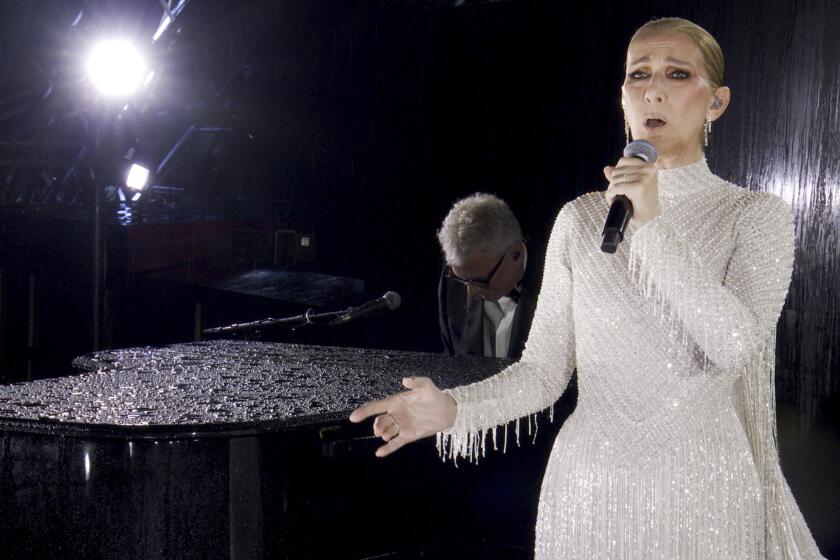Challenge could alter primary vote measure
Saying a June ballot measure that would change how California’s primary elections are held won’t deliver on its reform promises, opponents are trying to change it -- and they appear to have allies in lawmakers who helped put it on the ballot.
The legislators, who voted for the proposal grudgingly as part of a budget deal last year, have directed their attorneys not to fight a legal challenge that would significantly change the way the measure appears before voters, according to a legislative spokesman. Proposition 14 would permit Californians to cast ballots in state primaries regardless of candidates’ or voters’ party affiliations. It would not apply to presidential contests.
The challenge was filed in Sacramento County Superior Court by a union that is a large donor to the Democrats who control the Legislature. Attorneys for the Legislature have agreed to a settlement that would strip from the proposal statements that it would give voters more options, encourage more voter participation in elections and “reform” the election process.
The court will consider the proposed settlement as early as this week.
The Legislature’s turnabout has enraged Proposition 14 proponents. They say the refusal of lawmakers’ lawyers to defend it as written is driven by entrenched party bosses whose power could be undermined if voters passed it.
“They don’t want it to pass,” said Steve Merksamer, an attorney for a coalition that is campaigning in favor of the proposition. “This measure goes to the heart of changing the system and changing their dominance.”
Dave Low, a lobbyist for the California School Employees Assn., which filed the suit, called accusations by the coalition that his union worked out a backroom deal with legislative leaders to undermine the measure “preposterous.”
“They are trying to make a connection that doesn’t exist,” he said.
Low said legislative attorneys agreed to change the measure’s language because in its current form it is “untrue” and “biased.”
On Sunday, the coalition issued a statement calling the pending settlement an “illegal power grab.” The group accused Democrats who oppose the measure of using the union, which donated $421,000 to Democrats last year, to undermine the measure. The coalition, Californians for an Open Primary, includes AARP, the California Chamber of Commerce and the California Business Roundtable.
On Tuesday, the coalition and Gov. Arnold Schwarzenegger will ask the court for standing in the case and seek to thwart the settlement.
Schwarzenegger spokesman Matt David said the deal reflects “Sacramento’s dysfunction and why Californians have lost faith in its ability to solve problems. The governor will intervene in this case to fight for the reform that Californians overwhelmingly support.”
The Legislative Counsel’s office declined to comment on the pending case. A spokeswoman for Assembly Speaker John Pérez (D-Los Angeles) did not respond to calls and e-mails.
Nathan Barankin, a spokesman for Senate leader Darrell Steinberg (D- Sacramento), confirmed that the Legislature and school employees union would take the proposed settlement to the court. He called charges of a plot by Democrats to undermine the measure “bogus.”
Barankin said Steinberg learned of the union’s lawsuit after it was filed. The Legislature wants the settlement, Barankin said, because its lawyers say the measure’s existing language is difficult to defend.
Proposition 14 was championed by state Sen. Abel Maldonado of Santa Maria, one of the few moderate Republicans in the Legislature. Maldonado, who was recently appointed to fill the vacant lieutenant governor’s post by Schwarzenegger but is awaiting legislative confirmation, could benefit from any primary open to Democrats and independents in addition to Republicans.
Only a handful of lawmakers are in that position.
The proposal was cobbled together amid intense budget negotiations last year. As part of the deal, Barankin said, Maldonado and Schwarzenegger insisted it not be changed. “It was presented as ‘take it or leave it,’ ” Barankin said.
More to Read
Get the L.A. Times Politics newsletter
Deeply reported insights into legislation, politics and policy from Sacramento, Washington and beyond. In your inbox three times per week.
You may occasionally receive promotional content from the Los Angeles Times.











